Current political crisis and the role of the Supreme Court in Pakistan
- Update Time : Tuesday, September 12, 2023

The ongoing political crisis in Pakistan, exacerbated by the delay in holding the general election, has prompted discussions on whether the Superior Courts should intervene to resolve the situation. According to the Pakistani Constitution, it is the responsibility of the Election Commission of Pakistan (ECP) to conduct elections for the National Assembly, provincial assemblies, and local governments, as specified in Article 219(d).
The dilemma arises from a Supreme Court judgment related to Article 63A, which addresses the issue of defection by legislators. The judgment, authored by Justice Muneeb Akhtar, delves into the interpretation of Article 17(2), which guarantees every citizen’s right to form a political party. Justice Muneeb argues that these rights extend not only to individual citizens but also to political parties as distinct entities. He asserts that these rights should be interpreted to promote the healthy functioning of political parties and that defection by legislators undermines this “healthy operation”.
Consequently, Justice Muneeb suggests that Article 63A should be interpreted to exclude the votes of defecting parliamentarians, thereby upholding the spirit of Article 63A. This interpretation led to the disqualification of Prime Minister Imran Khan.
Following Khan’s removal from office, a new coalition government, known as the Pakistan Democratic Movement (PDM), took charge. During the PDM’s 16-month tenure, Pakistan’s economy experienced a significant decline, with various economic indicators showing unfavorable trends.
Simultaneously, political instability has increased due to the election delay. Several writ petitions were filed in the Lahore High Court, where Justice Jawad Hassan ruled in favor of immediately announcing the election date for the Provincial Assembly of Punjab, as mandated by the Constitution, ensuring that elections are held within 90 days.
Article 224(2) of the Constitution clearly specifies that elections must take place within 90 days of the dissolution of the National or Provincial Assembly, with results declared within 14 days. Justice Jawad’s judgment aligns with these constitutional provisions. However, some PDM parties rejected the judgment and filed intra-court appeals, which are still pending. The Supreme Court’s intervention in this matter was initiated through Article 184(3), known as suo motu action.
While such intervention is important to some extent, questions arise about the Supreme Court’s authority to take suo motu notice when concurrent proceedings are ongoing in lower courts. Article 184(3) powers were first invoked in the famous Manzoor Elahi case in 1975. Over the years, this power has been used by various Chief Justices, resulting in numerous suo motu actions.
In the current case, a nine-member Supreme Court bench was initially formed but reduced to a three-member bench due to recusals by other judges. It’s worth noting the dissenting note by Justice Mansoor Ali Shah, which argues that the Supreme Court does not have the power to initiate suo motu proceedings when a concurrent proceeding is already before a High Court. This principle aligns with the concept of Res Judicata, which prohibits multiple courts from hearing the same matter. However, the dissenting note does not hold binding significance but does illustrate diverse judicial perspectives.
The Supreme Court’s role in political matters raises questions about the potential consequences of its intervention. If the Supreme Court’s decision leads to a delay in the election, it may have both advantages and disadvantages.
Holding elections on time could help alleviate political uncertainty, potentially leading to improved economic indicators. A stable economic situation could instill confidence in the government to address the country’s crises effectively.
On the contrary, an election delay could provoke legal challenges and street protests from the ruling party, Pakistan Tehreek-e-Insaf (PTI). This would add to the existing political turmoil and further economic instability.
In light of these considerations, it is argued that Supreme Court intervention is essential. The Chief Justice of Pakistan’s (CJP) judgment offers hope that the election will align with the constitution, potentially averting further chaos. However, questions remain about whether the election will indeed be conducted in accordance with the CJP’s judgment or if hidden forces could still delay it.
Ultimately, the people should have the final say in determining the country’s leadership. As Nelson Mandela wisely said, “Everyone can rise above their circumstances and achieve success if they are dedicated to and passionate about what they do”.


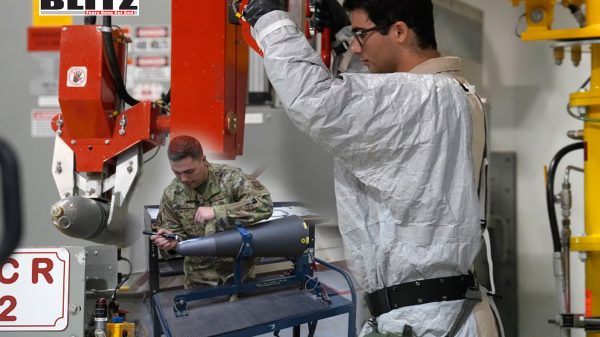
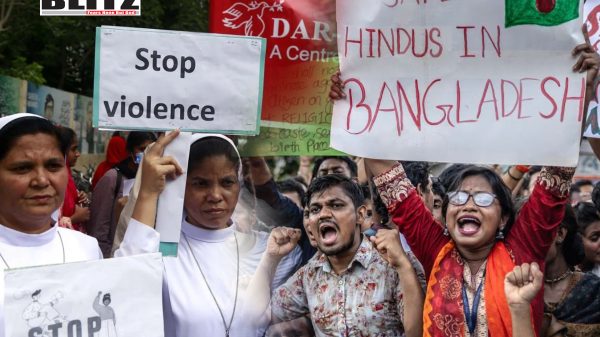
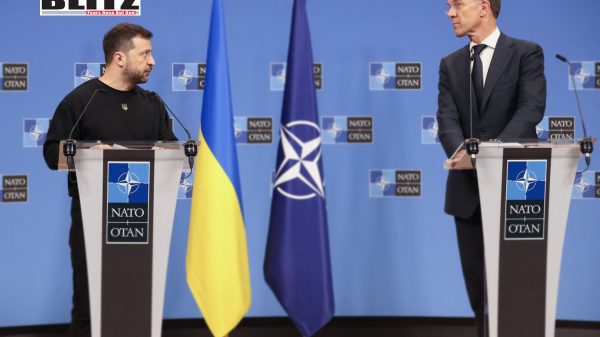
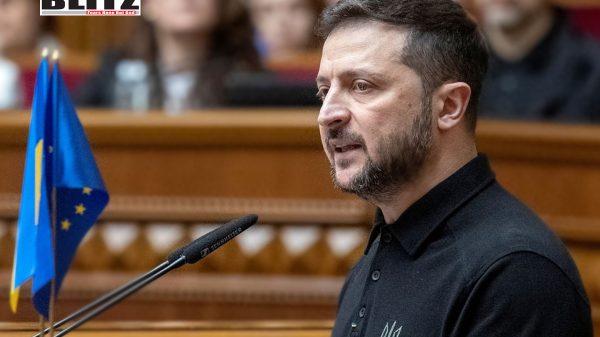
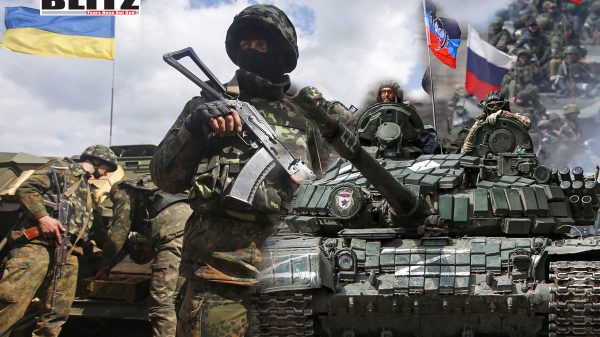
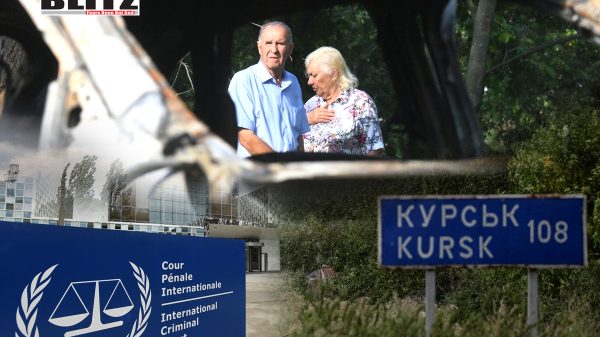











Leave a Reply